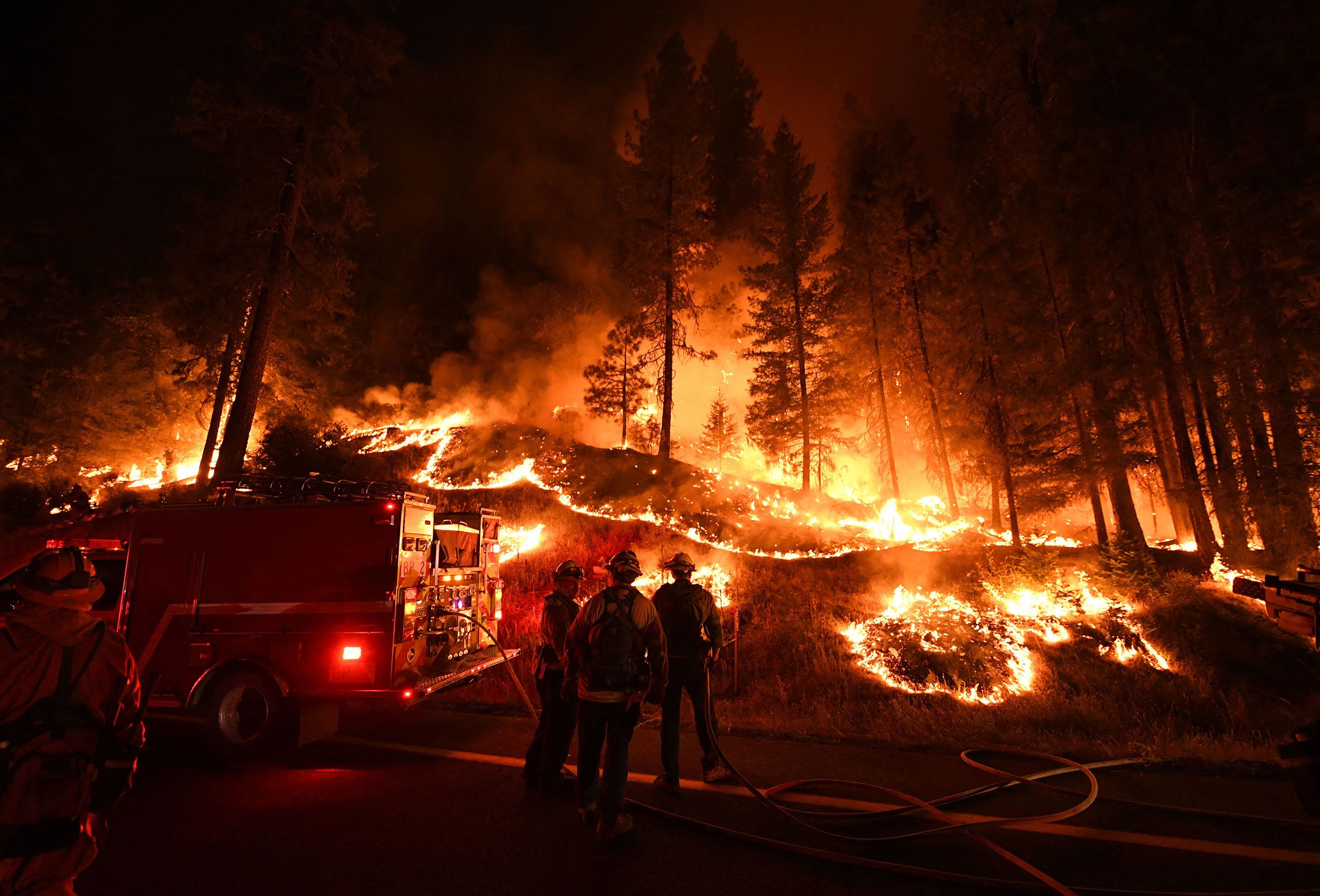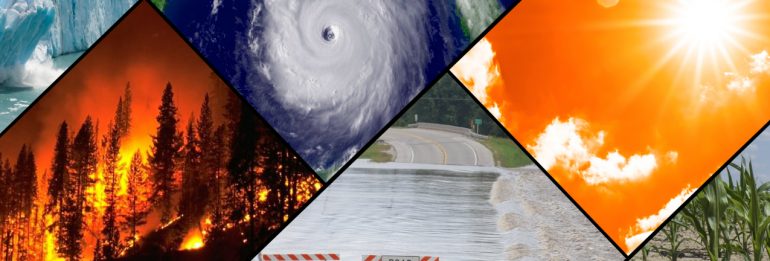Environmental incidents in the world are a serious problem that negatively affects the environment, human and animal health, and the economy of various regions. Insufficient focus on protecting the environment, failure to adhere to environmental standards, and inefficient utilization of natural resources lead to the emergence of various environmental problems.
Natural incidents: how wildfires and oil spills are changing the world
One of the most serious environmental incidents in the world was the catastrophic incident involving the release of oil in the Gulf of Mexico in 2010. This incident was one of the largest in the history of the oil industry and led to serious consequences for marine life, fisheries and tourism in the region. Such disasters clearly demonstrate the dangers of petroleum activities and the need for strict control of the environmental aspects of this industry.
Another important environmental incident was the release of radioactive substances as a result of the Chernobyl nuclear power plant disaster in 1986. This event had global consequences for the environment and human health in the region, and also caused public fear and demand for increased safety measures in nuclear power.
In addition, air pollution in major cities such as Beijing, New Delhi and Mexico City is becoming a growing problem.

Release of detrimental substances from industrial sources enterprises, vehicles and home stoves lead to heightened levels of atmospheric pollution and a deterioration in the quality of life of city residents.
Another pressing issue is the destruction of forests and timber cuttings on a scale that threatens the planet's biodiversity and climate balance. Forest fires, which are frequently triggered by human actions or climate shifts, extensive forest destruction occurs. , resulting in the loss of living space for many species of animals and plants.
A few countries where such fires occur frequently include the following:
Australia. Australia has faced significant bushfires throughout its history, especiall between December and March, which is considered fire season. Climatic conditions such as elevated temperatures and powerful winds and droughts contribute to the rapid spread of fires.
Brazil. The Amazon forest in Brazil faces frequent fires, often caused by unlawful deforestation and fires set for clearing purposes land for agriculture. These fires are attracting attention because of their impact on biodiversity and climate.
United States. In various states such as California, Oregon and Washington, wildfires are occurring with increasing frequency due to climate change, prolonged droughts and illegal activities.
Indonesia. In Indonesia, forest fires, often caused by arson to grow palm oil and other crops, are a serious problem.
These countries and regions need effective measures to prevent and suppress wildfires, as well as strengthened controls on illegal activities that contribute to fires. It is also important to develop collaboration on a global scale and sharing of knowledge to more effectively combat this serious environmental problem.
Forest Destruction: Impact on Ecosystems and Climate

Deforestation leads to the loss of valuable ecosystems and oxygen sources. Forests play an important role in maintaining biodiversity and also absorb carbon dioxide and release oxygen into the atmosphere. Therefore, cutting them down reduces the planet's ability to combat climate change and threatens the extinction of many species of animals and plants that depend on forest ecosystems.
Forest fires have a devastating impact on the environment. They destroy vegetation, increase air pollution through smoke and toxic emissions, and increase the risk of flooding and soil erosion after fires.
Further, deforestation and forest fires contribute to the accelerated release of carbon dioxide into the atmosphere. Many studies have shown that forests are an important reservoir of carbon, which is stored in plants and soil.
Yet, the burning of forests results in the release of carbon, contributing to the escalation of the greenhouse effect and climate alteration. It's crucial to highlight the repercussions of deforestation and wildfires that have not only environmental, but also serious socio-economic impacts. To solve these problems, comprehensive measures such as forest protection, fire prevention and sustainable use of resources need to be taken.

